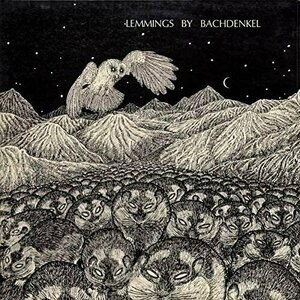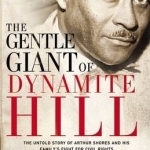
The Gentle Giant of Dynamite Hill: The Untold Story of Arthur Shores and His Family's Fight for Civil Rights
Helen Shores Lee, Barbara Sylvia Shores and Denise George
Book
These are the firsthand accounts of sisters Helen and Barbara Shores growing up with their father,...
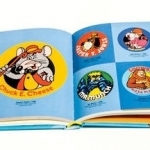
More Mr Product: The Graphic Art of Advertising's Magnificent Mascots 1960-1985
Book
More Mr. Product! Meet the newest, hippest, grooviest characters of the '60s, '70s, and beyond....
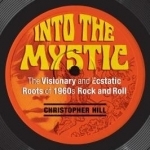
Into the Mystic: The Visionary and Ecstatic Roots of 1960s Rock and Roll
Book
Exploring how 1960s rock and roll music became a school of visionary art, Christopher Hill shows how...
Invasion USA: Anti-Communist Movies of the 1950s and 1960s
Book
In 1947 and again in 1951, when the queasy wartime alliance of the United States and the Soviet...
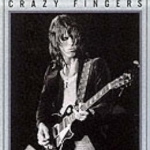
Annette Carson: Jeff Beck - Crazy Fingers
Book
The only definitive biography of Jeff Beck - the groundbreaking guitarist who changed the sound of...
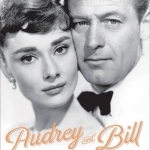
Audrey and Bill: A Romantic Biography of Audrey Hepburn and William Holden
Book
Here for the first time is the complete, captivating story of an on-set romance that turned into a...

Shopgirls: True Stories of Friendship, Hardship and Triumph from Behind the Counter
Book
"[Go] behind the glamorous shop fronts and the glitzy shop floors of Britain's department...
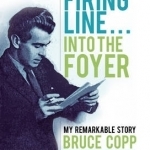
Out of the Firing Line ... into the Foyer: My Remarkable Story
Book
War hero and '60s Soho doyen Bruce Copp has lived a unique life. With an address book brimming with...


